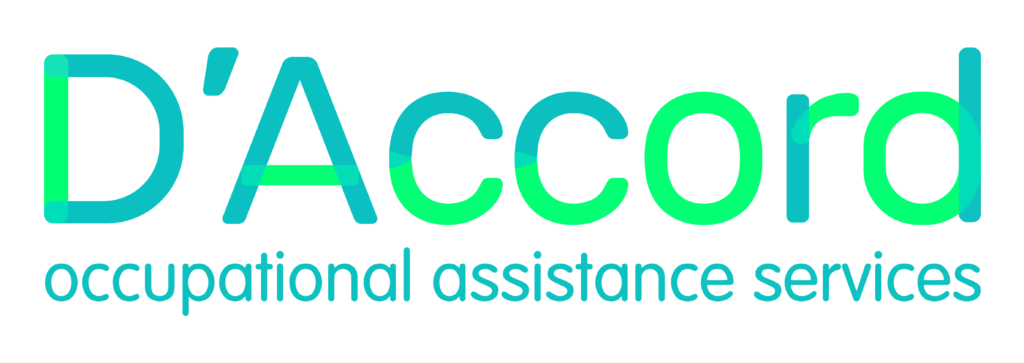Implementing stress management strategies is crucial for any significant business hub like Melbourne. Without proactive support, chronic stress quickly harms company culture and erodes productivity.
According to Gallup’s 2025 report, employee well-being in the Australia and New Zealand region has seen a historic decline, and 49% of employees there report experiencing daily stress.
This excessive stress eventually leads to declining performance, high absenteeism, and increased turnover across the teams they lead. To effectively combat this, organizations must invest in managerial well-being and development.
This article outlines five actionable, strategic interventions that employers can deploy to manage stress systematically and build a resilient workforce.
Why is Stress Management Important?

High workplace stress is a significant factor in decreased productivity and higher staff turnover.
From an organizational perspective, investment in stress management yields a tangible Return on Investment (ROI) through reduced healthcare costs and enhanced overall output.
More importantly, employers have a legal and ethical duty of care to provide a psychologically safe environment.
Proactively addressing workplace stressors minimizes organizational risk and significantly contributes to building a resilient team that can withstand market pressures and internal challenges.
Stress Management Strategies for a Healthier Workplace

Successfully managing stress requires systemic changes, driven by leadership and implemented through policy and training. These five strategies focus on both proactive prevention and reactive support.
1. Foster Psychological Safety and Open Communication
Psychological safety is the belief that one will not be punished or humiliated for speaking up with ideas, concerns, or mistakes.
Leaders must actively model and promote transparent communication to reduce the anxiety caused by uncertainty and fear of judgment.
This safety is particularly crucial when dealing with conflicts, as fostering this trust minimizes the stress that can lead to major issues; it teaches employees how to manage conflict constructively at work, rather than letting it escalate into a crisis.
2. Optimize Workload and Time Boundaries
A primary driver of chronic stress is a feeling of being overwhelmed due to excessive workload or blurred work-life boundaries. Managers must regularly review staffing levels and individual capacity, ensuring demands are realistic and sustainable.
Crucially, organizational policy must respect rest time. When policies promote time off and discourage working outside of designated hours, it signals that the company values employee health, reinforcing employee mental resilience.
Furthermore, environmental stressors, such as those associated with seasonal changes, require managers to be alert to factors like seasonal depression and to adjust workloads accordingly.
3. Model and Encourage Mindful Breaks
Leaders should not only allow breaks, but also model them. Encourage employees to take short, mindful pauses away from their screens throughout the day to reset cognitive function.
Promote the use of self-regulation tools, such as listening to meditation music during these breaks, to help employees quickly calm their nervous systems.
By making self-care visible and valued, managers reduce the stigma associated with needing time off and actively support ongoing well-being.
4. Invest in Managerial Resilience Training
Managers are the frontline defense against stress, but they often lack the tools to manage their own anxiety effectively, let alone their team’s. Investing in targeted training is vital.
Workshops focused on emotional intelligence, conflict de-escalation, and stress management equip managers with specialized skills to support their teams and enhance their own resilience.
This proactive training enables leaders to provide emotional support in the workplace by identifying and intervening in stressful situations before they escalate into crises.
5. Provide Confidential Professional Support
No matter how strong the workplace culture is, employees will face personal and professional crises that require expert, confidential help.
Providing access to a structured support system is non-negotiable. This is why offering a comprehensive EAP program in Australia is essential.
The EAP ensures employees have immediate access to qualified counselors for severe issues, while also helping managers recognize severe psychological distress, such as signs of emotional trauma in adults, which may otherwise go unaddressed and destabilize the team.
Final Thoughts on Stress Management Strategies
Stress management is not a one-time project; it’s an ongoing strategic pillar of a successful business in Australia.
By moving beyond reactive measures and proactively investing in training, psychological safety, and professional support, you safeguard your employees’ health and secure your organization’s future performance.
Ready to equip your leaders with the skills to manage workplace stress and build a more resilient workforce effectively?
Explore D’Accord OAS’s customized training and workshops, designed to accelerate professional development. Contact us today to discuss your organization’s growth strategy.
Frequently Asked Questions (FAQs)
1. What is the management of stress?
Stress management is the process of employing strategies and techniques, both individual and organizational, to prevent, monitor, and mitigate the adverse physical and psychological effects of excessive stress.
2. What are the five stress management techniques?
Five effective strategies include optimizing workload, setting healthy time boundaries, practicing mindfulness and relaxation (such as Breathwork), developing strong coping skills, and providing professional support (like Employee Assistance Programs, or EAP).
3. Are there any stress management programs for employees?
Yes. Professional training and workshops are highly effective programs that teach employees and managers practical skills in resilience, emotional intelligence, and stress reduction.











